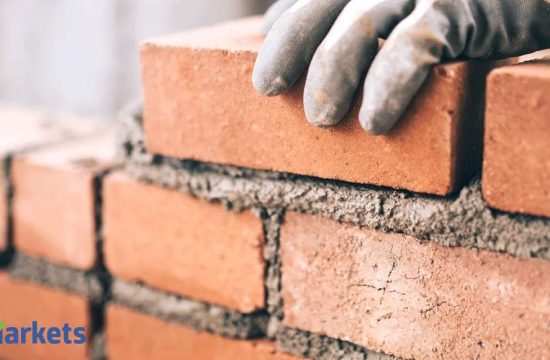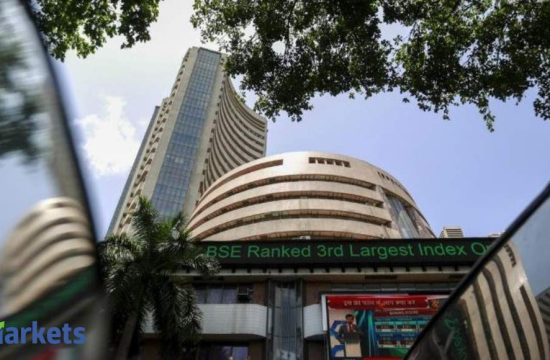
By DK Agrawal
When promoters increase their shareholding in their companies through any route, it is usually considered a harbinger of good times ahead for the business. The Securities and Exchange Board of India (Sebi) has been taking several proactive measures to relax fund raising norms, and thereby, make it easier for companies to raise capital amid the Covid-19 disruption.
In a recent development, Sebi amended the takeover norms to allow promoters to increase stake by up to 10 per cent from earlier 5 per cent through preferential share allotment till March 2021 because of the devastation caused by coronavirus and the resultant economic slowdown.
Undoubtedly, this move would help promoters to bring more capital into their companies. Besides, it would also give them greater flexibility in pricing their preferential issues. The move is expected to help companies secure funds from their promoters in a more efficient and effective way and may allow them to regularly access investment from institutional investors through qualified institutional placements (QIPs).
This move is also expected to protect companies against takeover threats. Due to Covid-19 pandemic, Indian stock market witnessed severe correction, creating opportunities for value buying and promoter raising stake. It has forced the government, companies and investors to find unique solutions to unique problems and Sebi’s latest relaxation is expected to turn out to be most crucial for the Indian capital market.
This move may help stabilise the stock market, as flows from promoters tend to be more long term compared with other institutional flows, and can boost investors’ confidence.
Now the question is, should investors buy into a company when its promoter hikes stake? In principle, yes. A promoter has all the information about the company and preferential allotments are usually positive for investors. Actually, when the price damage is huge, promoter purchase of shares is seen as an indication of limited downside risk in the business.
Promoters of companies such as Reliance Industries, IndusInd Bank, Godrej, Apollo Tyres — to name a few — have already seized the opportunity to raise their stakes following the latest carnage in valuations.
However, it’s extremely important for investors to track the insider activities in the company before investing. Besides, one should look at the circumstances under which such preferential allotments have been made. 3Ps are important here before you make you investment decision: purpose, pricing and past track record of promoter buying. Tracking the promoters’ past buy/sell data in the company can also be an important indicator.
No doubt, promoter holding is an important parameter to judge any business, but it should not be the sole reason to make an investment. The fundamentals and valuations of a business are equally important. Buying quality stocks on dips should be the strategy for investors, no matter what the external trigger is.
DK Aggarwal is Chairman and MD, SMC Investments and Advisors.









